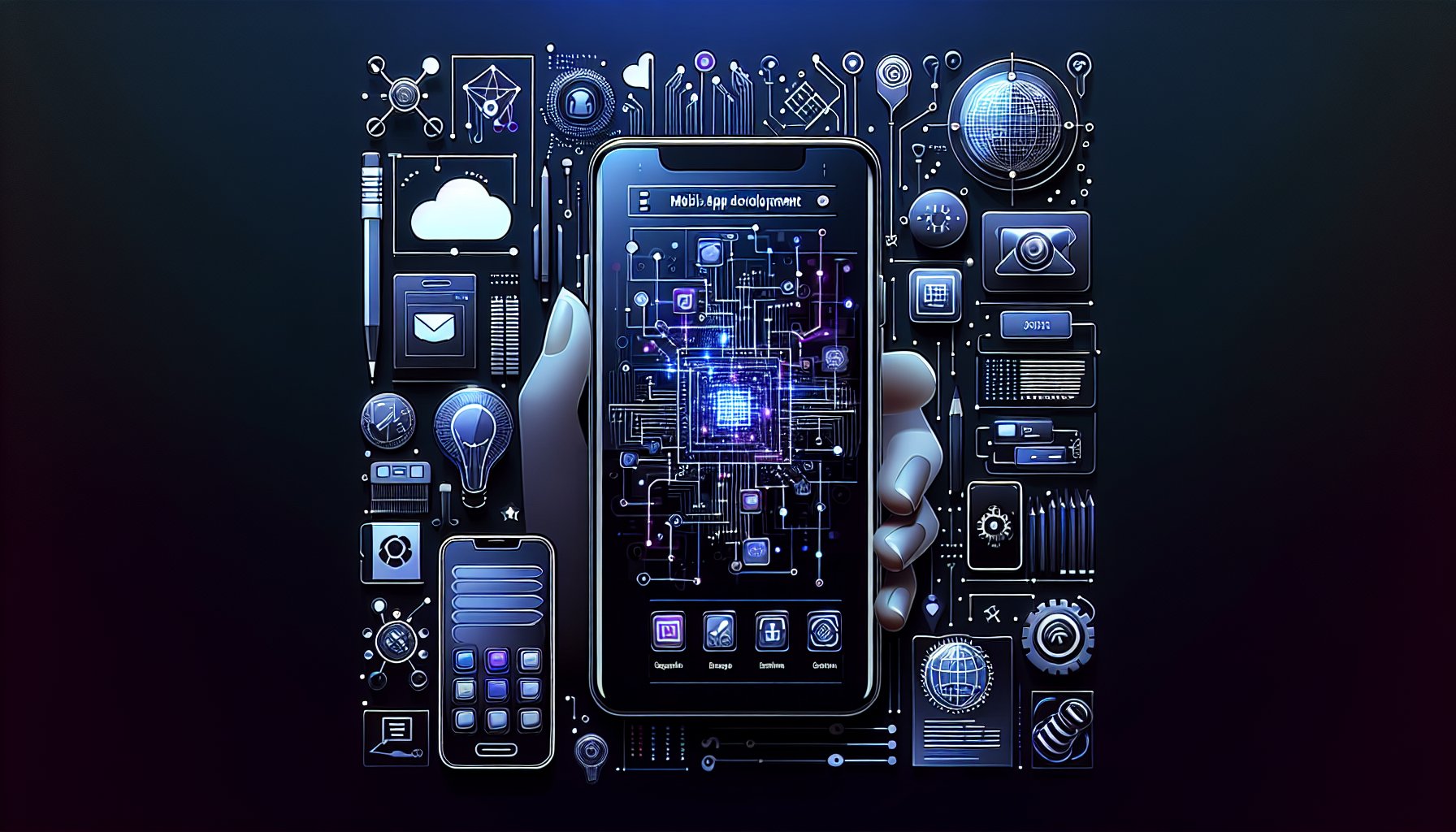Introduction
As we venture deeper into the digital age, mobile app development continues to be a dynamic playground for innovation. This post serves as a guide, exploring cutting-edge technologies, methodologies, and frameworks shaping the future of mobile application development.
Revolutionizing Mobile App Development with Quantum Computing
The quantum revolution is upon us, offering unmatched processing power and speed. Quantum computing is now being leveraged to build ultra-fast, secure, and efficient mobile applications. Techniques such as Quantum Key Distribution (QKD) are being used to ensure unprecedented levels of data security in mobile apps.
AI: Driving Intelligent Mobile Applications
Artificial Intelligence (AI), with its subsets Machine Learning (ML) and Deep Learning (DL), is transforming the way mobile apps function. From voice-activated personal assistants to predictive text and chatbots, AI is creating more intuitive, personalized, and user-friendly mobile experiences.
React Native 0.65: Faster and More Efficient Mobile App Development
React Native 0.65 has brought about a paradigm shift in cross-platform mobile app development, significantly reducing development time and costs. With its new Hermes 2.0 engine, apps are faster and more memory-efficient than ever before.
Mobile Edge Computing: Redefining Performance
Mobile Edge Computing (MEC) is a game-changing technology that brings processing power closer to the data source, significantly reducing latency and enhancing mobile app performance. This is particularly beneficial for apps requiring real-time operations, such as gaming or live-streaming platforms.
Serverless Architecture: The New Norm
Serverless architecture has become a buzzword in the mobile app development arena. It enables developers to write and deploy code without worrying about the underlying infrastructure, reducing operational costs and complexities.
Progressive Web Apps: Bridging Web and Mobile
Progressive Web Apps (PWAs) are web applications that feel like native mobile apps. They offer offline capabilities, push notifications, and can be installed on the home screen, providing an immersive user experience. Moreover, PWAs are built using standard web technologies, making them platform-independent.
Flutter 2.5: Building Beautiful Apps
Flutter 2.5, Google's open-source UI toolkit, is a game-changer for building natively compiled applications for mobile, web, and desktop from a single codebase. With its new updates, it offers improved performance, reduced memory footprint, and more expressive and flexible UI.
Conclusion
The future of mobile app development is bright and filled with endless possibilities. As developers, staying updated with these cutting-edge technologies and practices is paramount. Embrace the latest trends of quantum computing, AI, MEC, serverless architecture, and dynamic frameworks like Flutter 2.5 and React Native 0.65 to build mobile apps that not only meet the current demands but also gear up for the future.
